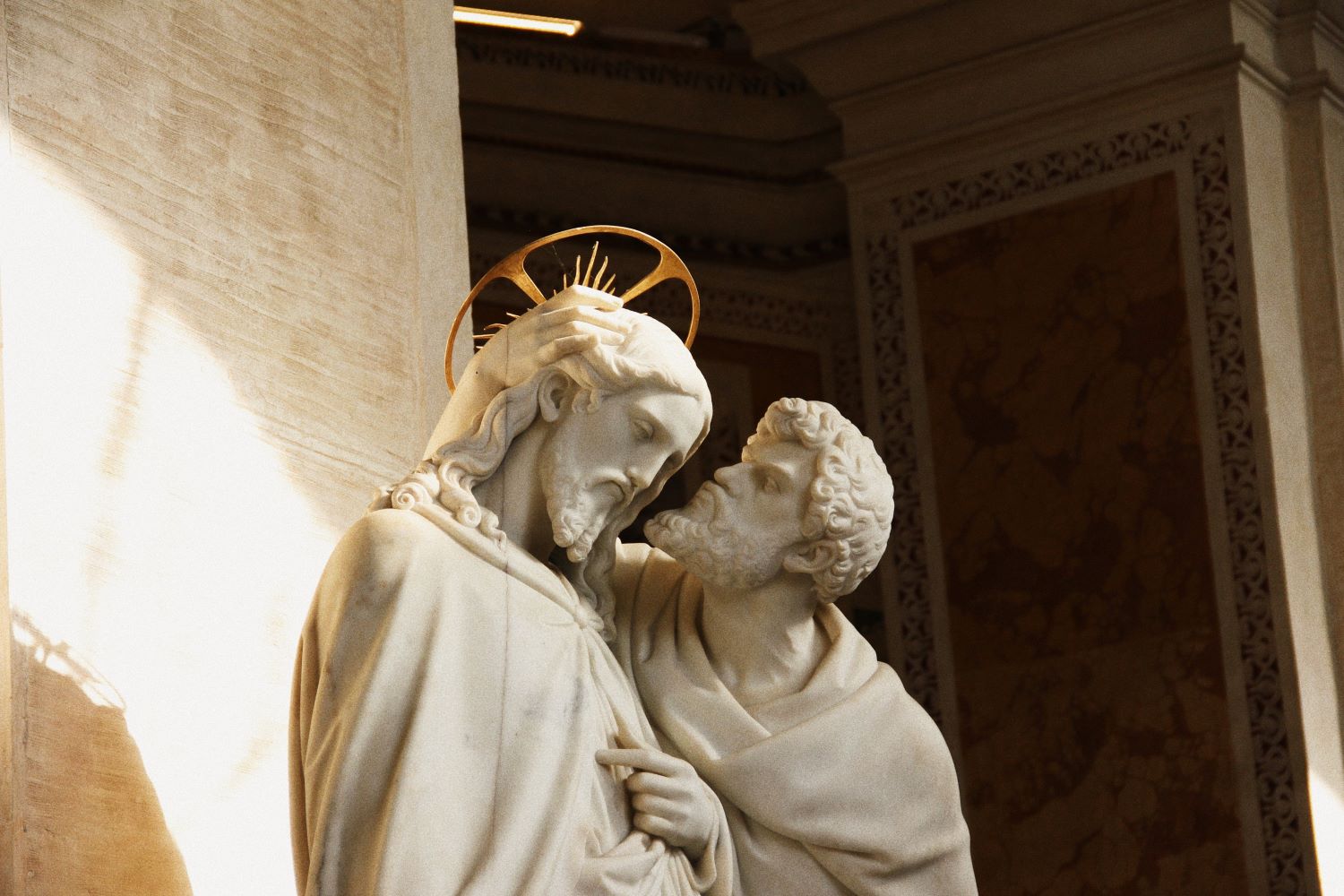1 Six days before the Passover, Jesus therefore came to Bethany, where Lazarus was, whom Jesus had raised from the dead. 2 So they gave a dinner for him there. Martha served, and Lazarus was one of those reclining with him at the table. 3 Mary therefore took a pound of expensive ointment made from pure nard, and anointed the feet of Jesus and wiped his feet with her hair. The house was filled with the fragrance of the perfume. 4 But Judas Iscariot, one of his disciples (he who was about to betray him), said, 5 “Why was this ointment not sold for three hundred denarii and given to the poor?” 6 He said this not because he cared about the poor, but because he was a thief, and having charge of the moneybag he used to help himself to what was put into it.
John 12:1-6 (ESV)
The world loves the Church when the Church sounds like the world. Secularists especially delight when religious leaders raise their issues of concern—provided that the answers do not sound overtly Christian. In turn, these clergy play the part expected of them, and save their harshest criticisms for other believers committed to biblical fidelity and historic Christianity. It is bad enough when the world despises the witness of the Church. Worse still is derision from within the camp.
John 12 recounts the movements of Jesus as His enemies hunted Him in order to kill Him. The chapter opens with a scene only six days before Caiaphas made Jesus his Passover lamb. In the midst of this tense situation Jesus shared a table with, among others, Lazarus, who is notable for having been dead in the previous chapter.
During the meal, Lazarus’ sister Mary does something extraordinary. In a beautiful act of devotion to her Lord, she takes a jar of perfume worth about $40,000 in today’s currency, pours it onto Jesus’ feet, and wipes His feet with her hair. Mary sought to honor the One who had just raised her brother from the dead. Judas, however, was unimpressed. This was a year’s wages, the disciples’ treasurer protested. The perfume should have been sold and given to the poor—a sentiment that would find resonance from some in the Church today. But Judas’ feigned concern arose out of greed, not compassion. He knew this money would have been easy stealing.
Jesus dismissed Judas’ criticism. With her costly act of devotion Mary had acted with honor, anointing the Lord for His coming burial (v. 7). Judas hid his avarice and lack of true devotion to Jesus with the pretense of a claim to the moral high ground.
Within modern Christian circles, critics still pour vitriol on ministers who proclaim an exclusive gospel or uphold biblical morality on issues such as homosexual practice. Such faithful men are pilloried and cast as “unchristian,” traitors to the true Jesus who was “solely concerned with inclusion and concern for the outsider.” But it is those who oppose God’s word who betray the Lord. They continue the “ministry” of Judas by using his tactics.
Faithful pastors should take courage from this passage. Those who honor the Lord take their place with Mary, even while they ready themselves for the barbs of the betrayer. Devotion to Jesus and His Word is the right path—even when it brings opposition.
